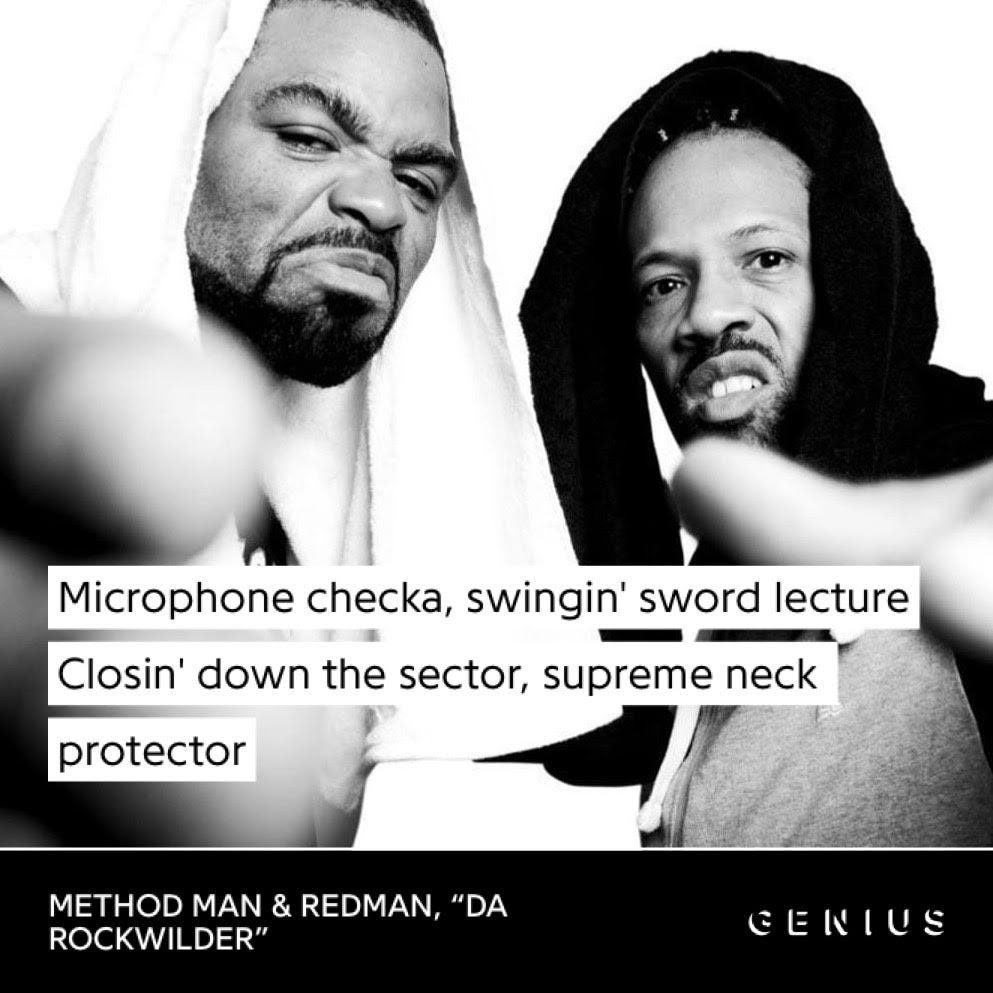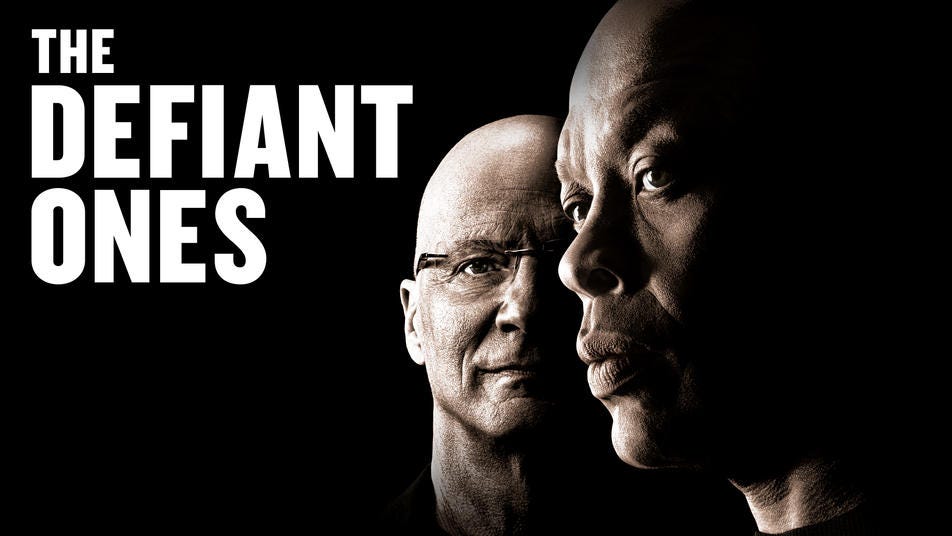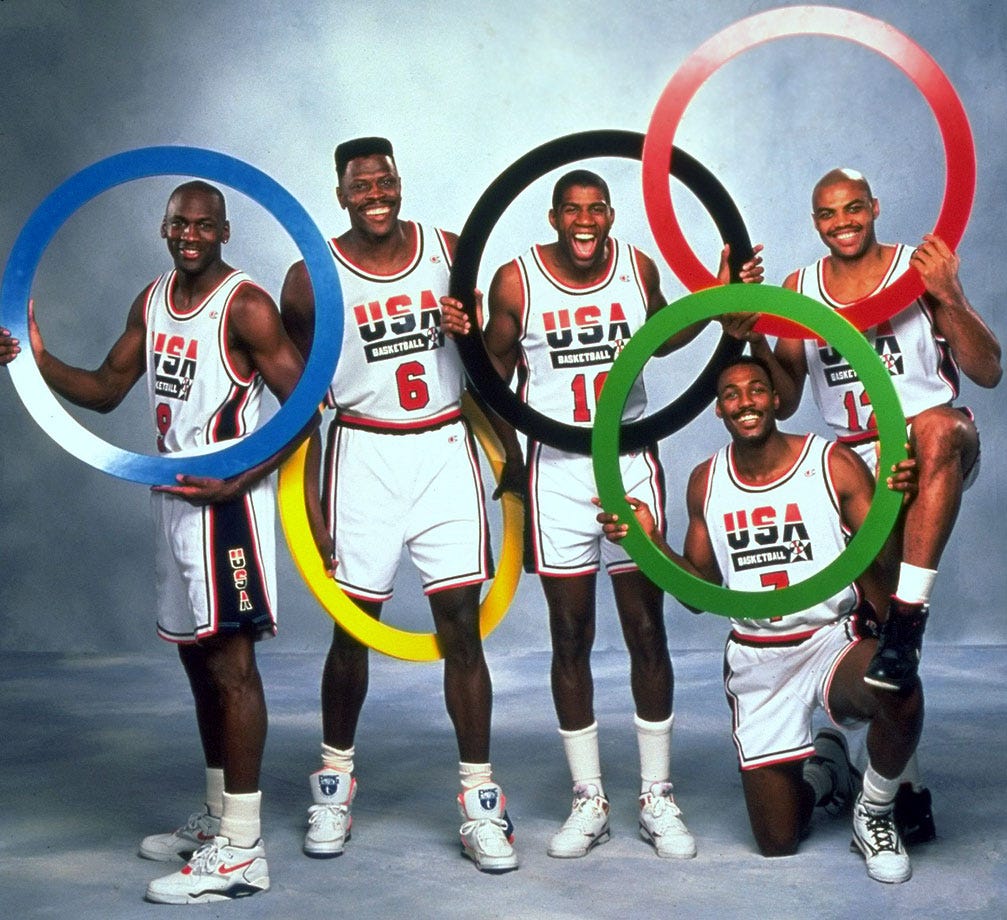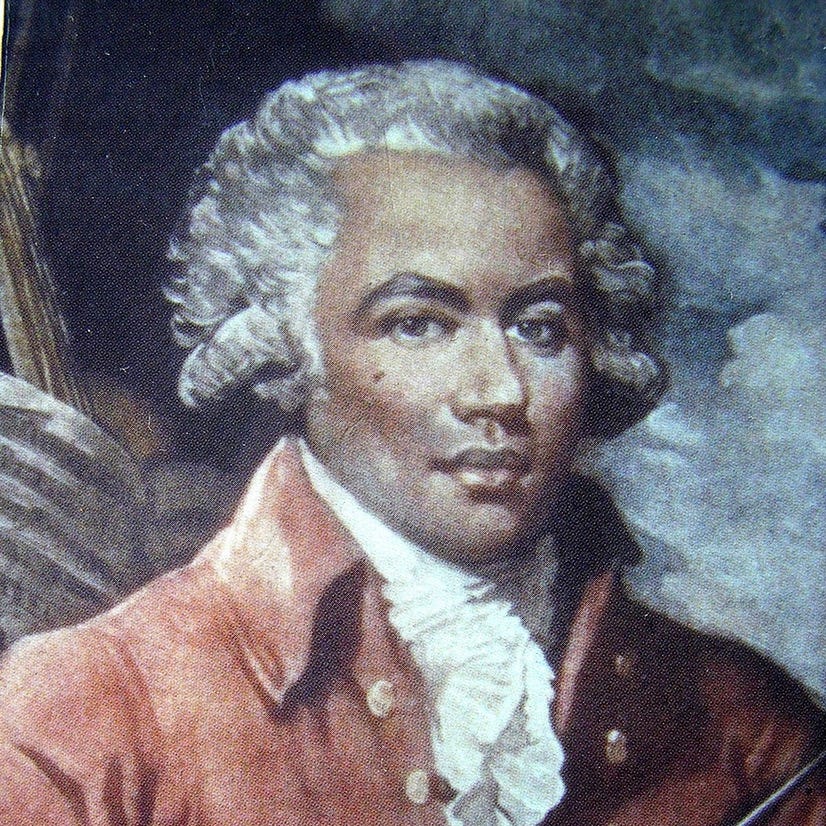THE SEMINAR GOES DOWN TODAY!
And so I’m sending this article as a bonus. It’s a short one (I promise); and is a continuation of the series I started, which includes the following articles:
(I really just needed to get it out of my drafts)
About the seminar
The seminar isn’t specific to just artists, managers, and executives in music; but I think it’s one that they could all benefit from. Something I’ve noticed is that the music business often has a myopic view. Meaning, many only focus on things that are immediately apparent to their business; but by expanding your view of things, maybe not immediately applicable, you get a better view of the landscape - and can operate more effectively.
When you look at large music and media companies, they all have their hands in technology, e-commerce, and investments in other sectors.
Why not you?
You can register here, or simply log in on Tuesday(at 7pm ET) using this information:
https://us02web.zoom.us/j/84595772978?pwd=ZVFsWGxoNzVGMmJZWUw1SHkzUzRFUT09
Meeting ID: 845 9577 2978
Passcode: 552763
OVERVIEW
What can you do and what do you want to accomplish?
Maybe you’re a music producer, but are also an interior designer; keep that in your back pocket.
Maybe you handle streaming at a music company, but also have an understanding of data analytics; keep that in your back pocket.
Maybe you’re a teacher, but are also good at finances; keep that in.. you catch my drift.
When it comes to business and business teams, it’s good to understand how things have been done in the past and are currently done; but it’s also important to know where you’re going and what you uniquely bring to the table, because that informs the strategy you can implement moving forward.
We often listen to other people more than we listen to ourselves.
There’s a place for counsel.. but if you have a unique vision and unique talents, you shouldn’t overload yourself with generic advice.
Everybody can tell you how to do it, they never did it
- Jay Z, ‘Already Home’
BUILD THE TEAM, BUILD THE DREAM
Alright, let’s talk about teams.
I’m not writing this solely for artists; because, truth be told, executives last longer than artists - but if you’re an artist, you need to think like an executive - and if you’re an executive, you need to think like an artist. If you’ve been subscribed to me for a while, you know this is something I frequently write about.
The point is we all need a team.
Lawyers
Most of this is probably common sense, but bare with me.
There are lawyers for different things, like there are doctors for different things. You don’t go to a plastic surgeon to look at your teeth - just like you don’t go to a criminal litigation attorney to negotiate your business deal. Understanding your immediate needs, whether as an artist, manager, publicist, label executive, or music producer should inform the type of lawyer you go to.
At First Gen Law, we seek to be the point guards of your business team.
We’re not just lawyers, we’re business advisors; and represent clients across media, entertainment, sports, e-commerce, and tech.
(shameless plug)
But when it comes to lawyers, ideally, you want an attorney, or law firm, that understands you, where you’re going, and what you need to have in place to get there. Too often I see lawyers provide template documents or generic advice without attention to the realities of their client’s situation or their negotiation partner(s).
For example, I was recently involved in a negotiation. I advised my client not to sign the deal because it didn’t make sense for what they and the other party wanted to accomplish - it looked like something the other lawyer pulled off the shelf. Which they probably did, and there’s nothing wrong with that, but it should be customized - like a bespoke suit.
Anyway, the law firm played hard ball, the client got nervous and signed it (without telling me). About a month later, they came back and told me that they had signed it; but the deal wasn’t working out.
Welcome to my life.
(and don’t worry, I’ve talked about this extensively with them in person)
The reason it didn’t work is because the contract didn’t take into account the capabilities of the other party or what my client needed. Anyone can put words on paper; but business is about understanding who we are, what we want to do, what we can do, and what we need to do in order to accomplish our goals.
Anything else is make believe.
Managers
When it comes to managers in the music business, there are different types of managers. Some manage tours, some manage catalogs, and some work closely with the artists and are called “personal managers” or “artist managers”. You also have what are known as “business managers”. These are often accountants; but not always, and refers to the management of financial or corporate affairs - we’ll get into that.
Management is a discipline and practice, not a profession.
- Peter Drucker
What does that mean?
Well, it means that management is something you do - not something you are. Another quote of Peter Drucker is, “you manage things, you lead people.” This means that management is a function. We manage resources efficiently so as to minimize waste, and increase profit. In terms of an artist, it could mean scheduling, A&R, sourcing brand partnership opportunities; etc. But the key thing is that all of those things are tasks; and theres a difference between the task to be done and someone to manage the tasks.
That someone has to not only be capable of managing the tasks; but should also bring their own ingenuity to the table.
The more you can separate yourself from mere tasks, and re-evaluate what’s being done; the more you can discover and leverage yourself into new opportunities.
At the end of the day, we all manage. Schoolteachers manage, doctors manage, nurses manage, and electricians manage. We all manage; and could all be considered managers.
But what is being managed and how can it be managed more effectively are the questions.
Here are some books (that I’ve read) which have helped me think differently.
Accountants and Financial Advisors
If you’re reading this, you probably already know what accountants and financial advisor are and do. They’re professionals who help keep financial books, track payments and invoices, file taxes, mitigate taxes, develop and manage financial budgets, provide financial forecasts, analyze financial transactions and recommend and manage financial investments.
Some people are accountants and financial advisors, some are simply financial advisors or accountants. There are also other financial professionals who are more like financial analysts.
Your current position and future plans determine who you need and how closely you need to work with them.
Here are two solid books on finance. The first is foundational, the second provides good historical context on finance and business, in an easy to read way:
That said, it’s important to know that (like most things) there are different fee structures for financial professionals. While you get what you pay for, you should understand what you actually need and that can inform what you pay: whether flat fee or percentage. I’ve had conversations with investment advisors about their fees, and many times they can’t justify them.
Often, what you’re paying for is your ignorance; which is fine, as long as you know..
Be different, do different things
Don't do it like he did, 'cause he ain't what you is
But we can win- Kendrick Lamar, ‘Kush & Corinthians’
But why is this teammate important in the entertainment industry?
I’ll use Floyd ‘Money’ Mayweather as an example:
Floyd, with a 50-0 professional boxing record has often gotten a lot of flack for the timing of his fights, and who he has chosen to fight; including post-retirement exhibition fights against Conor McGregor and Logan Paul; among others, but here’s the thing.. when you take care of your money, you can pick and choose your spots.
Some call it FU money, I call it wisdom.
Many boxers have to keep fighting, or are coerced into fights, simply because they don’t take care to manage their finances. Floyd, on the other hand, has seemingly taken great care to manage his financial affairs; and as a result has been able to navigate in a way that other boxers haven’t been able.
I didn’t even mention his shrewd business moves.
“After parting ways with Top Rank (his former boxing promotion company), in which he paid an estimated $750 thousand to buy-out of his contract, Floyd launched his own promotion company. . . Mayweather successfully leveraged a position atop the premiere fighters of his era to forge an incredibly lucrative business model - schedule, promote and win his own fights. More impressively, he sets the price, controls the deals and manages the process.”
Accomplishments by Mayweather Promotions include the $400 million Pay-Per view gross for the Manny Pacquiao fight; which incuded $74 million in live gate ticket sales.
Money May.
Technology Officer
To discuss this next teammate, I’ll use someone else as an example - rapper, turned Silicon Valley investor, Hakeem Seriki p/k/a ‘Chamillionaire’. Many may know him for his hit single ‘Riding Dirty’; but a lesser known fact is his career pivot into the tech sector around ten years ago.
Hakeem’s early venture into tech began with an Entrepreneur in Residence position at Upfront Ventures.
To let him tell it, “I walked around the music industry for a bunch of years, right? I saw a lot of rich people. I didn’t see wealthy. I got into the tech industry, I see wealthy every day. The Snapchat CEO is 24 years old and a billionaire. How many billionaires do I have to walk around the music industry to find? I’m in Silicon Valley, I’m in L.A., I’m in Santa Monica, and I’m seeing billionaires all over the place. And they’re young. That’s not in the music industry.”
To date, Hakeem has invested in over 60 companies; and his investments include:
Maker Studios - acquired by YouTube for $500 million
Cruise - acquired by General Motors for $1 billion
Lyft - IPO
Y'all runnin' to the major label like you think they gon' save you
Who you think that is, Clark Kent?- Chamillionaire, ‘Been Broke’
The point here is that, as I discussed in my last article, technology impacts all businesses; and people, those in the music business included, often have insights applicable to technology, tech startups, and venture capital that often go unrecognized.
It’s important for artists and their teams to be connected to someone with insight into tech and industry trends, who can help position them at the cutting edge. Hakeem is a perfect example of what is possible and should be normalized.
When it comes to tech, here are some resources to follow:
Brand Marketing Specialists
There are also specialists who help market and publicize you. I won’t spend much time on this since we’ll be covering this in the seminar. But individuals like this include
Publicists;
Social media marketing specialists;
Email marketing specialists;
Relationship management specialists; and
Brand and advertising agencies (we’ve got someone from one speaking at the seminar)
As I explained in my last article, branding and positioning are key in business; and are probably more important in media and entertainment than anywhere else. When it comes to PR; however, I tend to think that it’s more important to build something of substance, first - not the other way around.
It reminds me of when I graduated law school. I found out that many of the awards that attorneys flaunt, are actually paid for 🥴
(they don’t tell you that in law school)
Anyway, I thought I’d do it the hard way; and ended up getting an award from Georgia Lawyers for the Arts for providing the most pro bono hours.
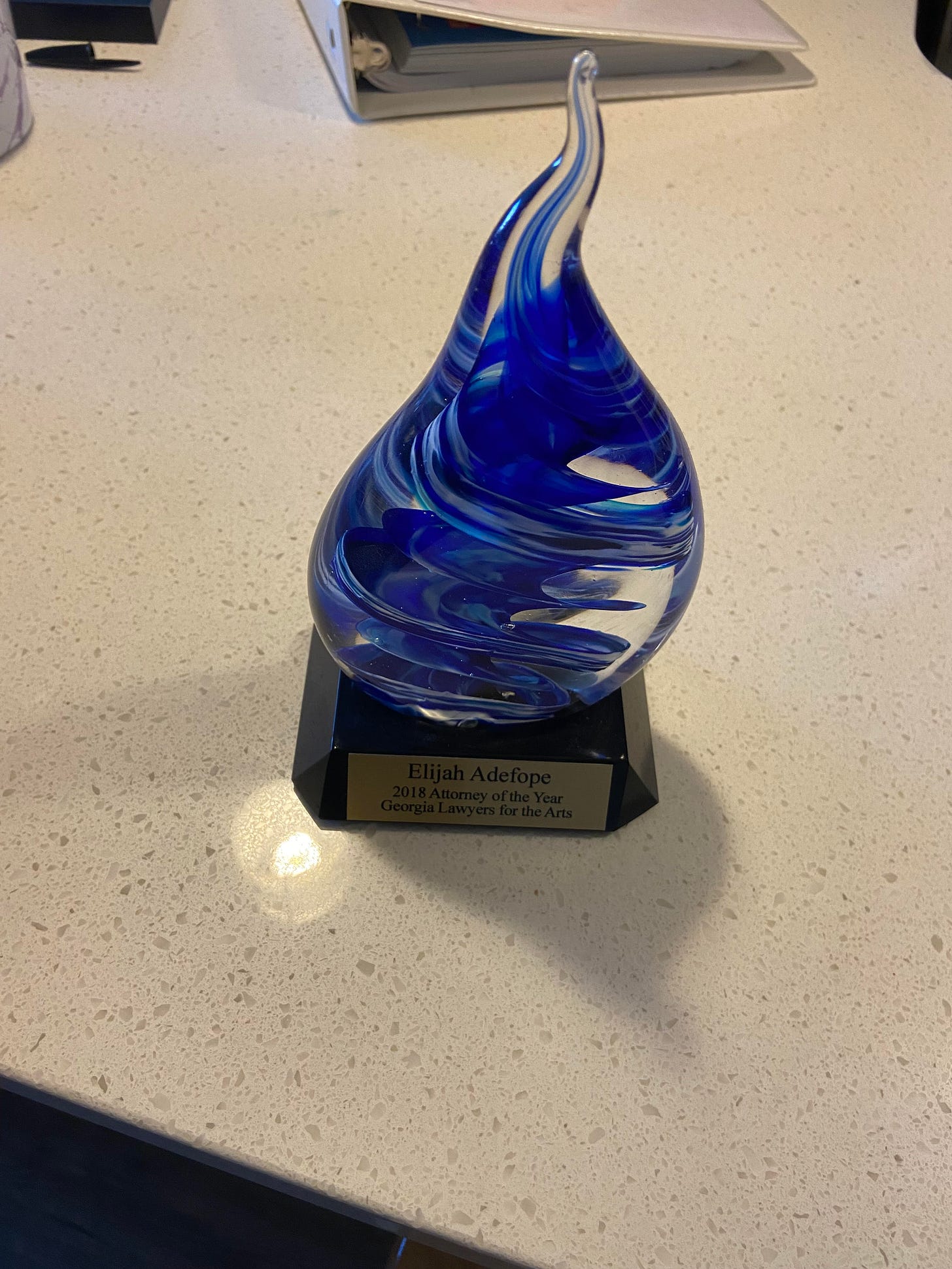
I tend to think the most effective and sustainable marketing strategy is to focus on doing the work first.
Music Rights Organizations
I’ve covered this before; but in the music business, there are several organizations who help manage and commercialize the intellectual property rights of artists. These include:
Music publishing companies;
Performance and neighboring rights organizations;
Sync agencies;
Music publishing companies; and
Record labels
An example of someone who has pioneered in this space is Irving Azoff who founded Global Music Rights, which recently “settled its five-year legal battle with the group that represents more 10,000 radio stations, ending a fight that threatened to undermine the 80-year-old arrangement under which artists are paid for commercial airplay”. “GMR launched in 2013 as a direct challenge to ASCAP and BMI, the performance rights organizations that control more than 90% of music copyrights.”
When it comes to understanding the rights involved there’s probably no better place to start than ‘All You Need to Know About the Music Business’ by Donald Passman. It is, effectively, the dictionary for the music business.
Alright, that’s all I got.
Hope to see you at the seminar, today.
